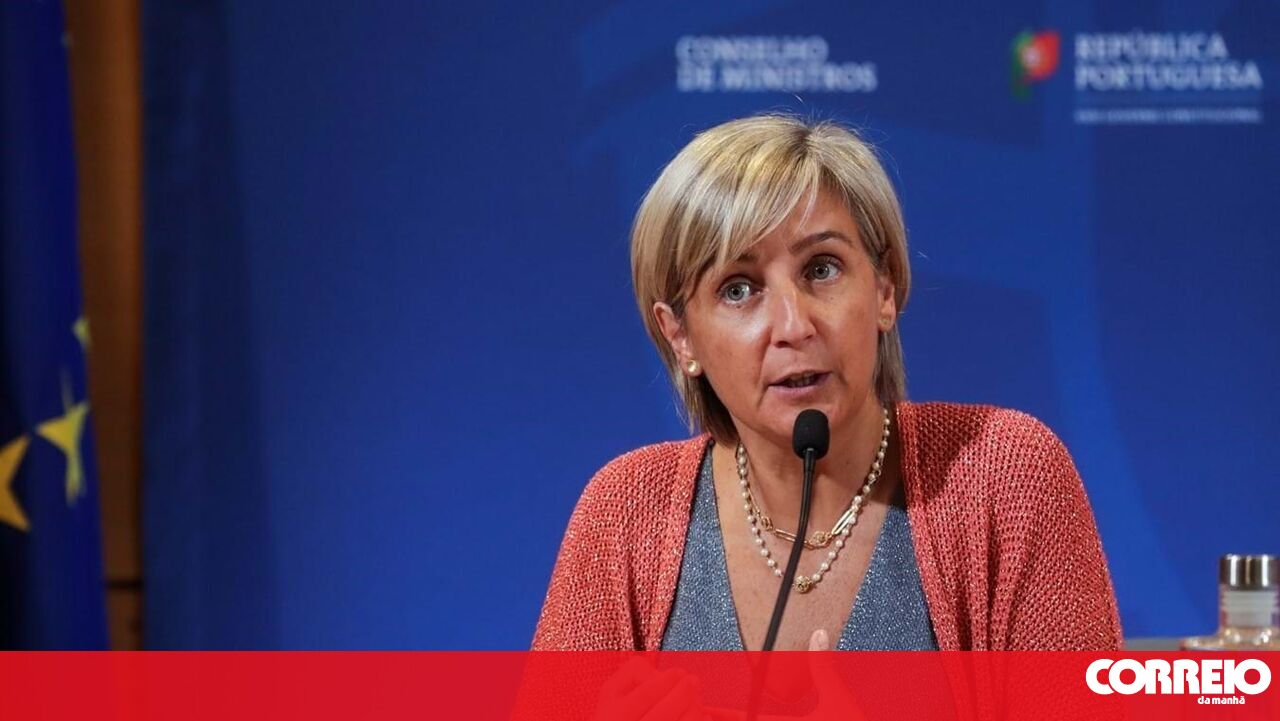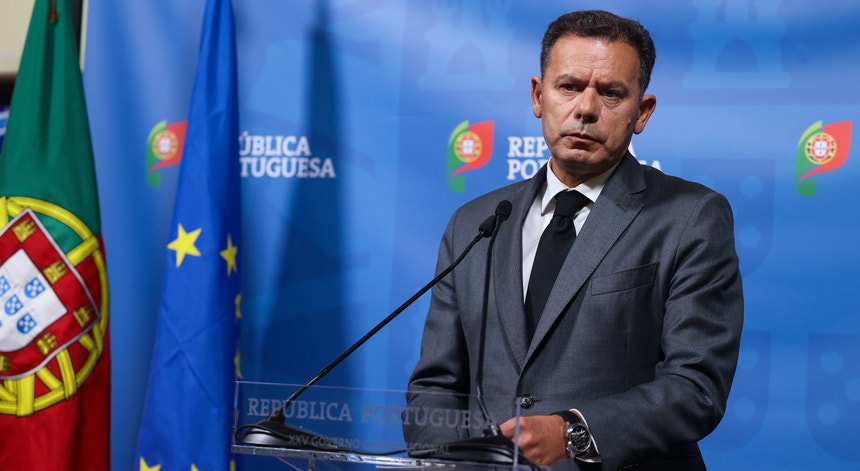Stricter Rules for Nationality Access
The government's first legislative initiative, Proposal of Law No. 1/XVII, introduces changes to the Nationality Law to counter what it describes as the "call effect" of immigrants and the perception that Portugal offers "easy citizenship" to foreigners. The amendments aim to address the idea that Portuguese nationality is a "convenience nationality," often used as a stepping stone to European citizenship.
New Residency Requirements
- Four years for stateless persons
- Seven years for citizens of Lusophone countries
- Ten years for citizens of other third countries
Parents wishing to naturalize a child born in Portugal now face a three-year minimum residency requirement, up from one year, and the process is no longer automatic, requiring a "positive declaration of will."
Additional Requirements
Applicants must now demonstrate knowledge of Portuguese rights and duties and the political organization of the Republic, along with a solemn declaration of adherence to democratic principles. The criminal record threshold has also been raised, barring those with effective prison sentences from naturalization.
Constitutional Doubts Shadow Nationality Law Proposal
The proposed changes to the Nationality Law, including retroactive effects to June 19 and provisions for revoking citizenship, have sparked constitutional concerns. The government justifies retroactivity to address mass applications post-elections, but opposition parties and constitutionalists question its legality.
Government Insists on Foreigners and Borders Unit
Despite previous rejections, the government proposes creating the National Unit of Foreigners and Borders (UNEF) within the PSP to enforce immigration measures. The UNEF would oversee border control, foreigner stays, and manage expulsion processes, aiming to streamline immigration control.
New Foreigners Law Restricts Family Reunification
The third legislative change introduces new constraints on family reunification, delaying applications until two years after legal residency is established. This affects over 300,000 immigrants who recently obtained residency, subjecting their families to the new nationality access timelines.
Highly Qualified Immigrants and Investors Benefit
This legislative package favors highly qualified immigrants and investors with 'gold' visas, who are exempt from the two-year wait for family reunification. The government aims to attract talent and investment while tightening illegal immigration channels.























Comments
Join Our Community
Sign up to share your thoughts, engage with others, and become part of our growing community.
No comments yet
Be the first to share your thoughts and start the conversation!